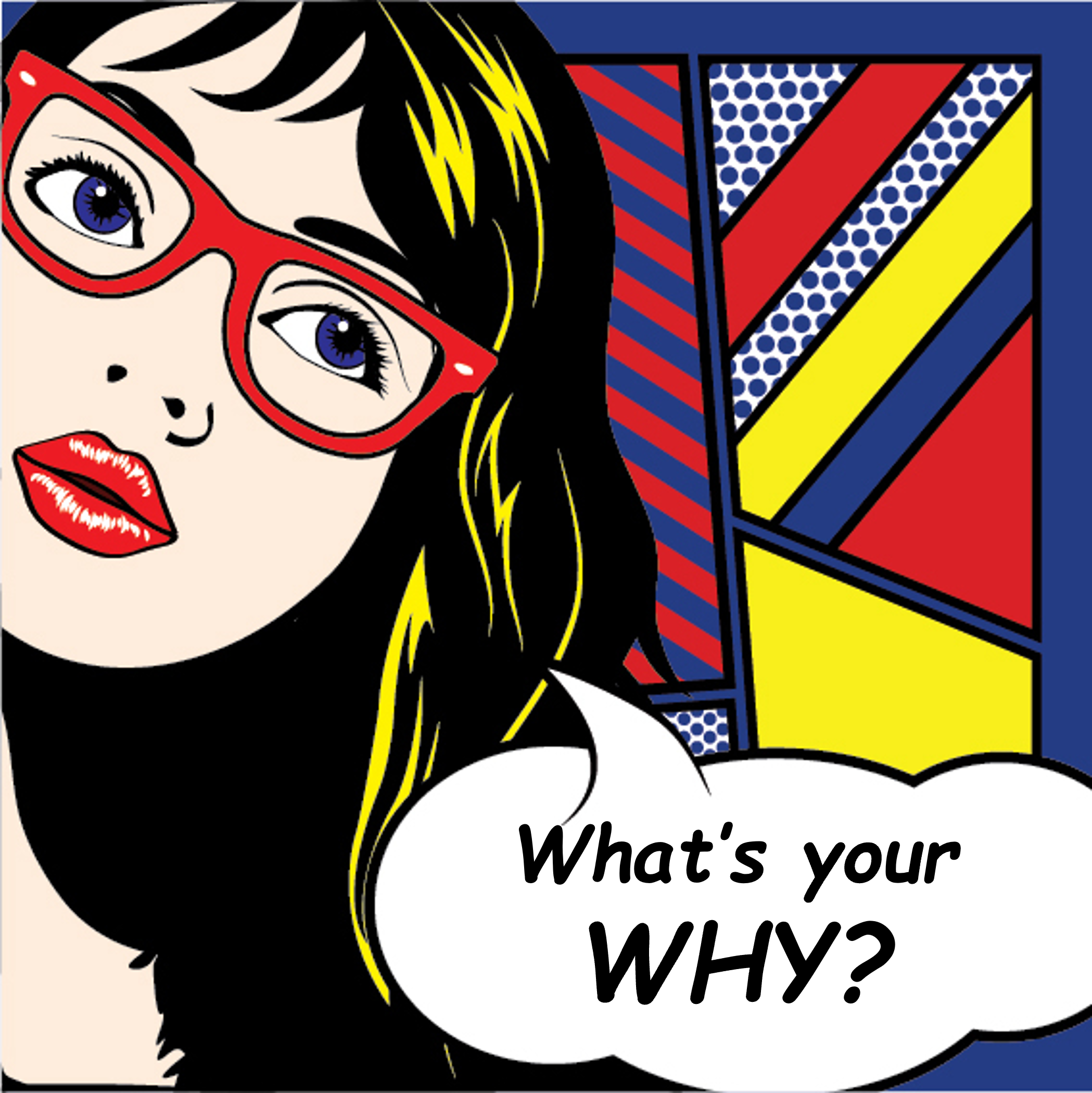
As 24/7/365 outlets, radio stations are peculiar businesses, always “on,” and especially important when something goes wrong. These days, that last point covers a lot of ground – weather emergencies, school shootings, wildfires, and a litany of other disasters, accidents, and unplanned events that seem to be happening with more frequency in recent years.
It seems like every time we turn around, local radio is being tested by circumstance. More often than not, it comes through.
When you work at a radio station, it’s easy to get caught up in that vortex where inertia takes over, and you just keep on keepin’ on. Many radio stations are understaffed in 2024, so the remaining team members often have to keep their heads down and focus on keeping the station on the air.
Oftentimes, a sense of perceptual motion takes over and you just keep doing what you’re always done – play music, present the news, and prep the morning show. But when stations get so focused on their missions, they can lose sight of precisely why people are motivated to listen at minimum, and at best, feel a sense of loyalty to a station, personality, or a combination of the two.
Back in the day, this wasn’t an issue. A radio station carved out its turf, and executed the plan – hopefully, better than its competitors. In formats with multiple stations vying to own a “hill,” the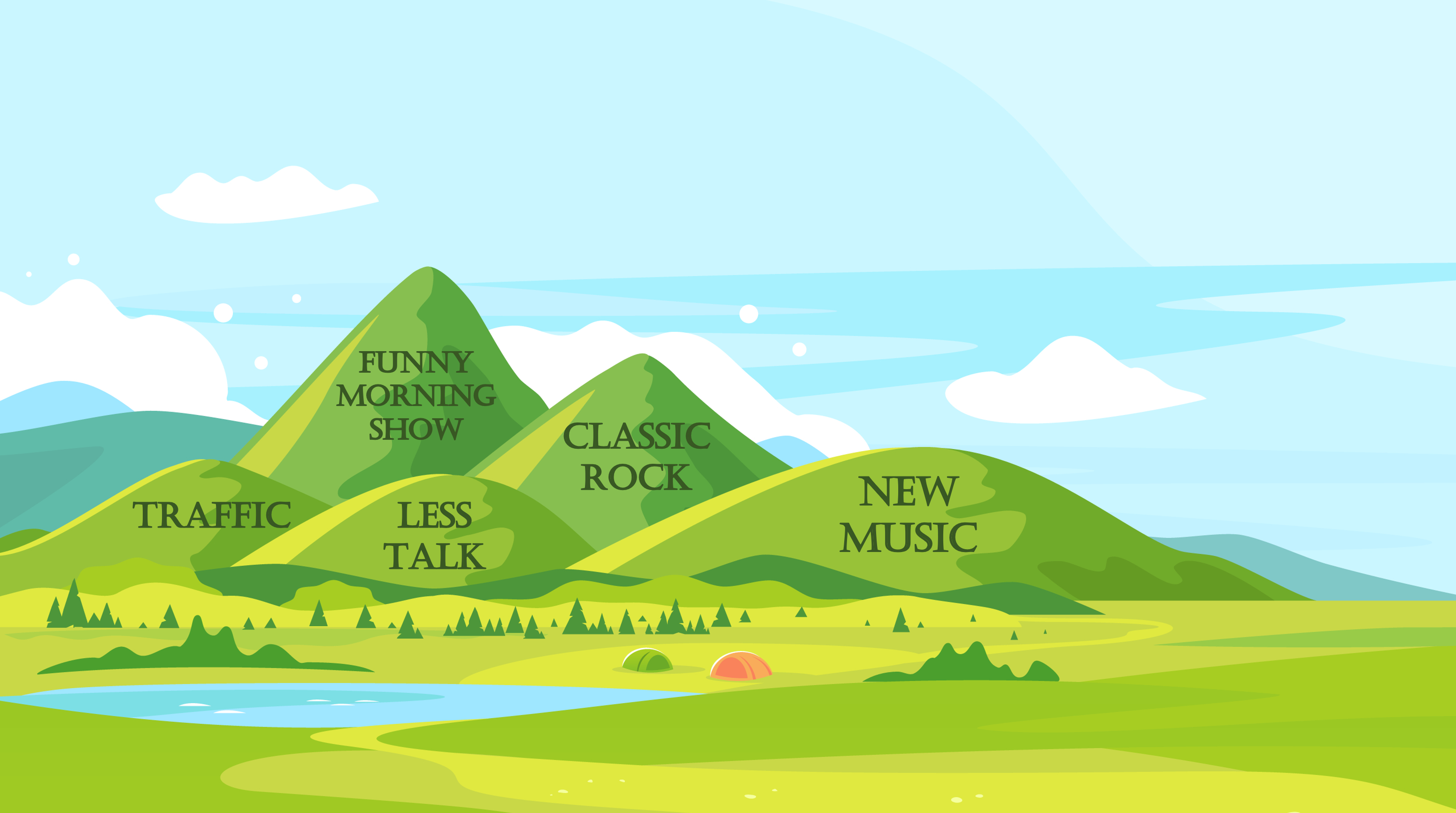 act of winning or losing a ratings battle, a concert “presents,” or even being first to play a new single became the currency of competition.
act of winning or losing a ratings battle, a concert “presents,” or even being first to play a new single became the currency of competition.
But in an expanded competitive environment like the one virtually every radio station finds themselves wrapped up in today, the Holy Grail isn’t about what you do. It’s about WHY you do it.
It’s not about your countdown, your contest, or your benchmark comedy bit. It’s about how you make your audience feel.
Are you playing “Classics from the ’80s,” or are you taking your audience back in a memory-filled time machine to the moment they first fell in love, learned to drive, went away to school, or vacationed in Hawaii?
Are you hosting a call-in talk show about sports in your hometown about what happened during last night’s game or are you amplifying their happiness, fears, and hopes about their favorite team and the players they love to worship or despise?
And yet so much of radio positioning continues to revolve the “what” rather than the “why.” And at a time in our history when people’s emotions are not just worn on their sleeves – they’re out there for all to see – radio often misses those “feels” that have become so critically important to maintaining one’s health, one’s equilibrium, one’s sanity.
It’s easy to witness that in everyday life. As someone who moderates more focus groups than you can imagine, I observe this palpable angst and anxiety with regularity. Even on a less intimate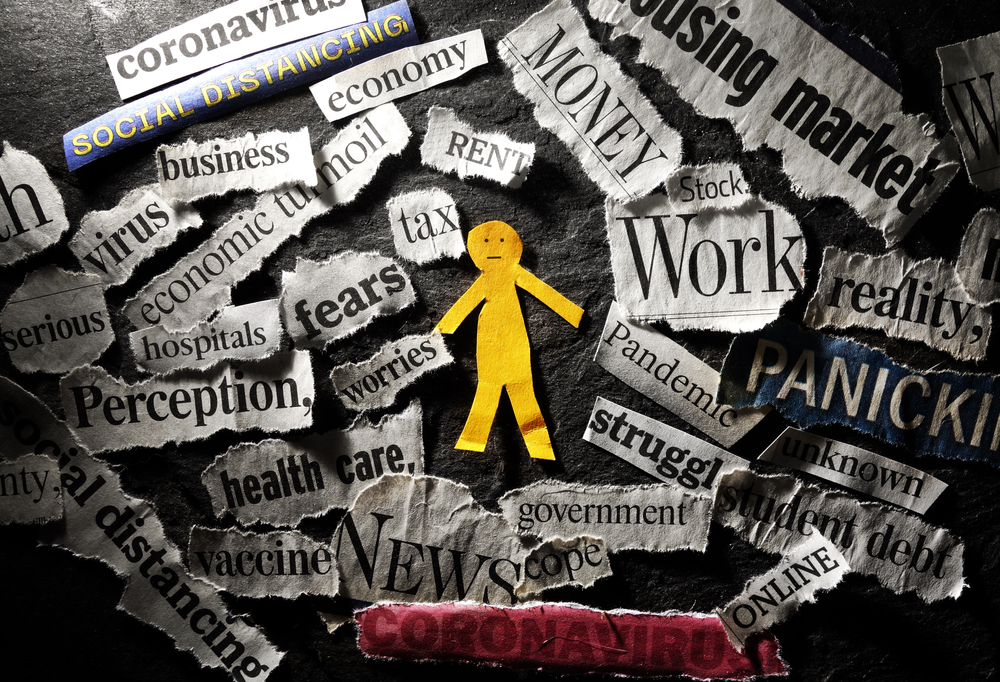 format like Zoom rather than being in the same room, I’m thrown into situations with 9 or 10 strangers, not just talking about radio, but airing out the details of their lives – their fears, their concerns, their frustrations, and their hopes. Depending on the client and the group, I may look the entire group in the virtual eye and ask, “How many of you would say that you’re depressed these days?” And without hesitation or regard about the potential embarrassment of the moment or the situation, a whole lot of hands will go shooting up.
format like Zoom rather than being in the same room, I’m thrown into situations with 9 or 10 strangers, not just talking about radio, but airing out the details of their lives – their fears, their concerns, their frustrations, and their hopes. Depending on the client and the group, I may look the entire group in the virtual eye and ask, “How many of you would say that you’re depressed these days?” And without hesitation or regard about the potential embarrassment of the moment or the situation, a whole lot of hands will go shooting up.
People are especially vulnerable at this point in time. So much isn’t working or paying off the way it was supposed to. Going to college is no guarantee of a good paying job (and how can you pay for it?), and younger generations of Americans are facing the very real reality they will not be better off than their parents were. Maybe those 401(k)s haven’t grown, and most certainly will not cover retirement. Or despite what Tom Selleck promises, that reverse mortgage isn’t what so many seniors thought it was.
Events of the past several years have bolloxed up the works. Starting with the Great Recession, and careening into COVID, disasters of impossible magnitude have happened. And they have derailed many lives and aspirations, taking their toll on people’s psyches.
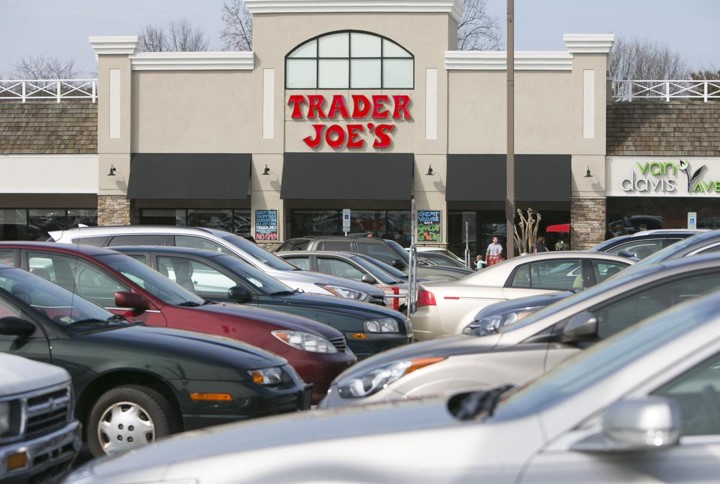 You won’t believe this story, because it sounds right out of a Woody Allen movie or episode of Curb Your Enthusiasm. But it happened to me last week, and it was a startling and shocking reminder of how “on edge” so many people truly are in 2024. I’m living in Florida during Michigan’s coldest months, and my wife needed to make a quick Trader Joe’s stop. She mercifully excused me from having to accompany her in the store (probably better for the both of us), and left me to stare at my phone while waiting in the car with the windows down, enjoying the breeze.
You won’t believe this story, because it sounds right out of a Woody Allen movie or episode of Curb Your Enthusiasm. But it happened to me last week, and it was a startling and shocking reminder of how “on edge” so many people truly are in 2024. I’m living in Florida during Michigan’s coldest months, and my wife needed to make a quick Trader Joe’s stop. She mercifully excused me from having to accompany her in the store (probably better for the both of us), and left me to stare at my phone while waiting in the car with the windows down, enjoying the breeze.
A few minutes in, I felt some movement next to me. A guy got into the car next to mine, I turned to look at him, he looked at me, and we nodded to each other as a basic sign of acknowledgment.
And then his passenger window rolled down.
And he said to me, “Do you mind if I ask you a question?”
I responded, “Fire away.”
And what followed was ten of the most surreal minutes I’ve spent in a car…ever. This guy started the conversation with “Does it ever get so bad, so crazy, so frustrating that all you want to do is scream?” And a conversation between two total strangers began.
We talked…about his job (a financial advisor at one of the big brokerage firms), his teenaged step kids, his financial pressures, and the frustration of feeling like you’re on a treadmill you can’t get off of. He was nearly 20 years younger than me, but it wasn’t difficult for me to remember my own set of pressures back then, exacted by career, family, and trying to age gracefully while enjoying what life has to offer.
I encouraged him to hang in there, but his sanity wasn’t really in doubt. He just needed someone who would listen to him for a few minutes, and provide a little empathy.
And the conversation ended as it began – casual, matter of fact, and honest.
He let out a primal scream, thanked me, rolled up the window, and put it in reverse.
I don’t know his name. We’ll never see each other again. But it doesn’t matter. A human moment of connection happened in that Trader Joe’s parking lot between two complete strangers.
For a lot of people, that’s why they’ve always listened to the radio. Sure, stations play the hits or talk to interesting guests or bring in comedians.
But the reason people listen is to get lost in the moment, to get a little escape from their lives, to chill out a bit, to get away from their troubles and just let go. Or to connect with a personality or host who, over time, becomes a friend, a companion, and maybe even a bit of a confidant.
becomes a friend, a companion, and maybe even a bit of a confidant.
The truly great personalities throughout radio’s history have understood their roles and relationships with their listeners. They know it’s a privilege to spend time with members of their audience – in their homes, in their cars, and while they work. They take nothing for granted.
They understand why people listen and how they can serve those needs. It’s not about hitting the post or keeping breaks tight or getting off a double-entendre. It is about working the relationships they’ve grown with their listeners and doing it with a sense of authenticity.
It’s not what you do. It’s why you do it.
It’s not your positioning statement. It’s how you make them feel.
It’s your “WHY.”
Many of you are familiar with Simon Sinek, the renowned marketer (and in my opinion, philosopher). His TED Talk from a decade ago is still a guiding light for people from all walks of life. In his talk, Simon offers this advice:
“Start with why.”
And again and again, he reminds us that people don’t respond to what you do, they connect with why you do it.
Sadly, so much of the radio I hear today is about the first part – the what. And not enough about making the audience feel something – the why.
These days, people of all ages – even Gen Z’s – are escaping to the warm fuzzies of nostalgia.
Or they’re repelled by the news cycle and just need a chill break, perhaps with some classical or jazz.
One of the most famous examples of accentuating how a brand makes you feel is Nike’s famous “Just Do It” campaign. It is now 46 years-old, and while it may not be as inspirational and cutting edge as it was back in the ’80s, it still resonates today. Here’s a newer interpretation of this motivational message, thanks to “Coach Prime,” Deion Sanders, and a modern message:
“Dreams don’t happen overnight.”
In a world where workout shoes and clothing brands have exploded, focusing on how a brand makes you feel might be a difference maker. Nike never talks price or the materials that go into how their shoes are made or even that Michael Jordan wears them. It is about an attitude, a mindset, a way you live your life.
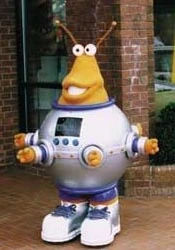
Ditto for Starbucks. Everyone’s in the coffee business these days. McDonald’s is even experimenting with their own version of coffee cafes, CosMc’s. It’s apparently a realization that while McDonald’s has improved its coffee offerings – they are actually quite good – there are many consumers who feel it’s a deal-breaker to set foot within the Golden Arches.
Instead, they’re creating a separate brand from Big Macs, McRibs, and Ronald McDonald. It’s a throwback concept using a former McDonald’s cartoon character named CosMc (pictured) who I can’t say I remember, but maybe you do.
CosMc debuted in the 1980s and is now being resurrected to better position McDonald’s in the coffee wars. According to USA Today, McDonald’s is set to open 10 of these concept stores this year, the first launched in Bolingbrook, Illinois, about 30 miles outside Chicago.
Everyone’s trying to hammer away at Starbucks’ advantage in the java space. So it struck me as fascinating how their holiday campaign had nothing to do with showcasing special drinks or BOGOs or a Barista Barbie.
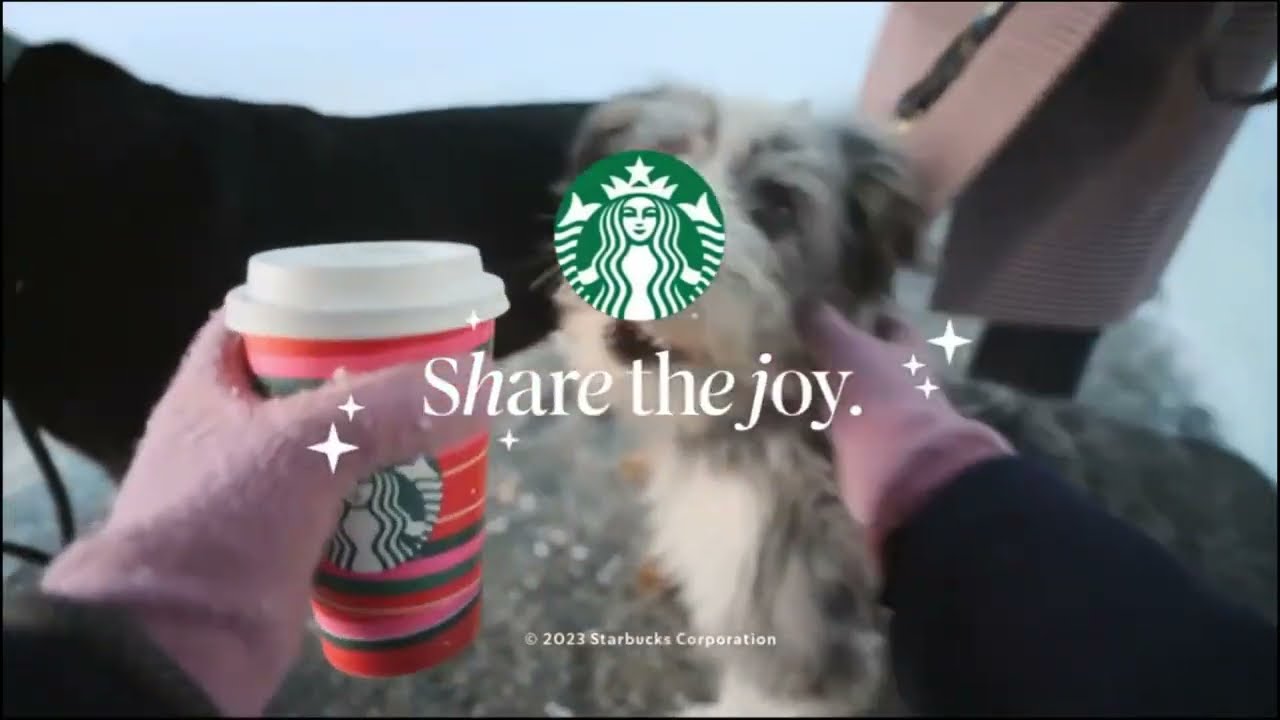
Instead, their marketing effort was very “feels-based,” focusing on the emotions associated with the holidays, which can be “a most wonderful time of the year,” but it can also be stressful for many.
“Share the joy” may be a holiday version of “Just do it,” a reminder of those moments of joy in our lives, the ones we need to perhaps embrace more often.
In the world of radio, Christian stations may come closest to hitting their listeners’ emotional hot buttons. If you listen (and you should), they almost never use slogans like “All Christian music, all the time,” or “More Christian hit music with less talk and fewer commercials.” Yes, that’s what they do, but their missions and connections run much deeper than positioning statements that describe the music. Their “whys” run much deeper.
Christian radio stations use powerful, emotional words like “uplifting” or “inspirational.” They might remind their audience how in the sea of audacious content emanating from stations up and down the dial, their stations are “safe for the entire family.” Anybody can string together a nice playlist of Christian songs, but only a truly tuned in radio station can connect with a troubled or forlorn person facing a crisis of some kind. Only a host with empathy and understanding can play that song that in just that moment, connects with a depressed or despondent person just trying to navigate through their life.
I cannot tell you exactly how the patriarchs and matriarchs of Christian radio arrived at these positioning insights. Perhaps audience research pointed the way. Or maybe it was more intuitive – when you listen to your listeners (or your congregants), it is hard not to pick out words and feelings that repeat themselves. This screen cap from Star 99.1 in Cincinnati is emblematic of how these stations connect with their audience communities:
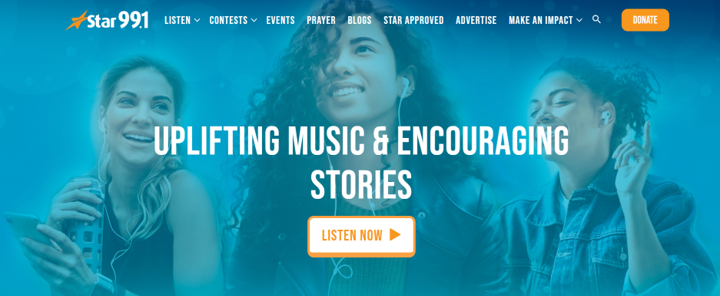
For public and commercial radio, it’s similar, but different. Connecting with your audience is fundamental. In their heart of hearts, it is something radio hosts and programmers know fundamentally. You can tell me “live & local” doesn’t matter anymore, and I’ll tell you that when you’re broadcasting in real time from an air studio located in that market, and you attend station events, and you speak with the audience everyday, you just know.
That knowledge is one of the reasons why broadcast radio thrived for decades, and continues to be relevant today. Yes, there was less competition and the world was a simpler place “back in the day.” But the connection between better radio > consumers > the community, worked because it was linear, meaningful, and genuine.
Back then, no one was faking it, trying to sound like they were live, or “from here,” or that they were, in actuality, a real living breathing human being.
Voicetracking (especially long distance) throws up a barrier between radio stations and their intended audience target listeners and advertisers.
AI makes it even more challenging to “be real” – because it’s not.
What’s your why?
Thanks to Christy Taylor, who gets this stuff.
- Why Radio PDs Are A Lot Like NBA Coaches - May 8, 2025
- Memo To Radio: We Have Met The Enemy And It Is… - May 7, 2025
- The Guy In The Next Car - May 6, 2025




One of your best reads, Fred. That’s TJ story is amazing.
You know me well, Dave, so I know you ccan imagine how this went. Thanks!
Fred,
Love the TJ story. BTW – I listen to a different country station every day here in my palatial upstairs, closet/office and, if I hear “#1 for New Country” one more time, I may be running through a wall. Great read, as always!
Thanks for sharing that, John. We’ve all read Ries & Trout one too many times.
What a great reminder for all of us – and so true. Thanks for sharing, Fred.
Wow, Fred! That TJ’s story! Talk about being in the right place at the right time for the person who needed you at just that moment. Glad you were there for the guy. Here’s hoping radio can remember “that guy” is every listener, and that we, too, can make a difference by simply rolling down our window and being there at that right moment. (And if we can do it while hitting a post, all the sweeter!)
It was a “moment,” David, one I won’t soon forget. Thanks for making the connection. There’s a lot of “that guy” (never exchanged names) out there listening to the radio.
I have no idea how I got here, but I thought this post was fantastic. I don’t know who you are, but if you aren’t already, you will become a well-known blogger. Cheers.